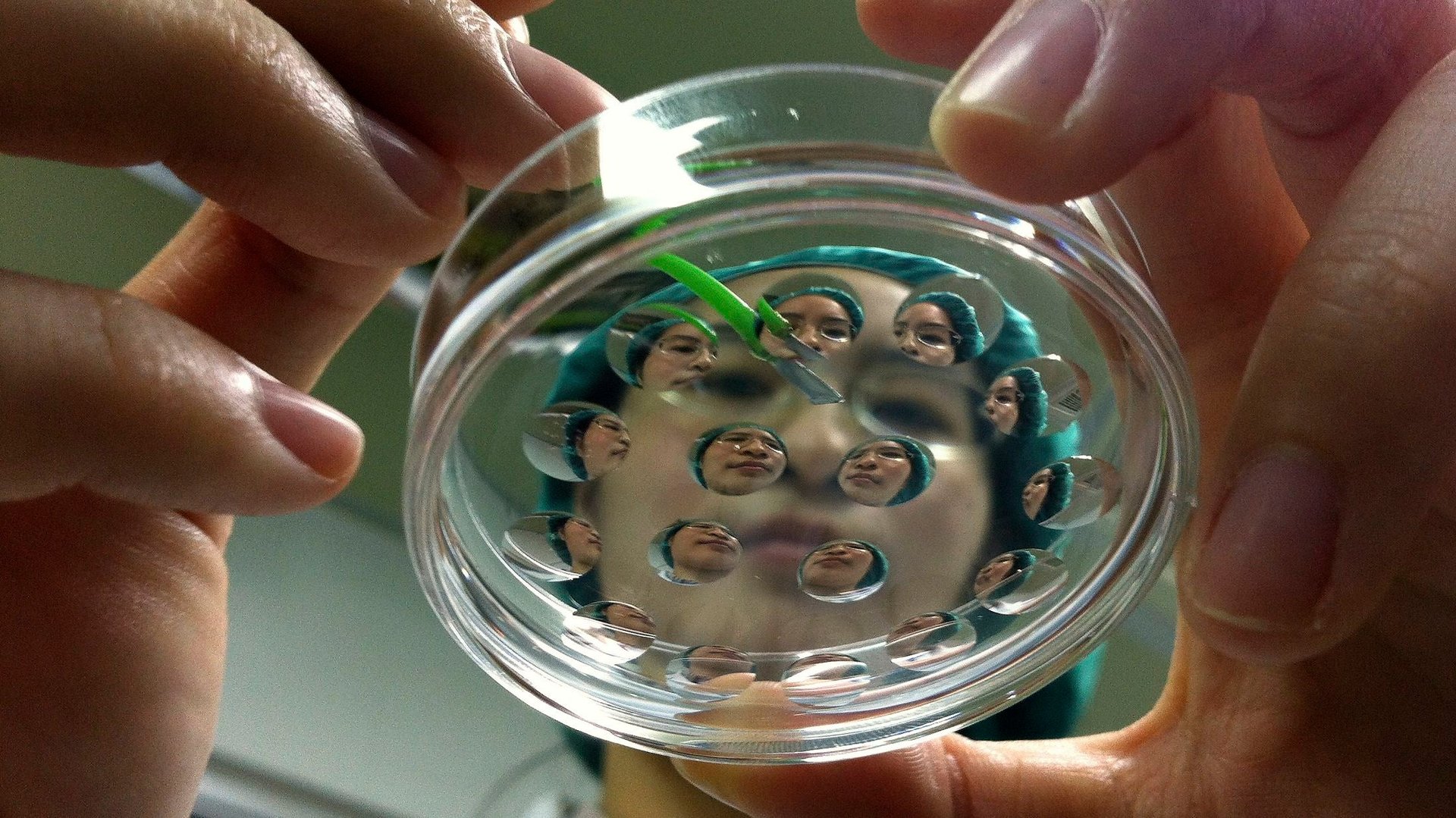Why organizations pay so much for star performers
The small subset of “stars” in any field of work get an outsize amount of attention and money. But the main benefit of hiring them might not be their own work, but the other people they attract. A new NBER working paper from the University of Toronto’s Ajay Agrawal and his colleagues, looking at evolutionary biology departments found that hiring a star scientist makes departments that hire them 26% more productive—as measured in the number of papers published in the main journals of the field—even excluding the output of the star hires themselves.


The small subset of “stars” in any field of work get an outsize amount of attention and money. But the main benefit of hiring them might not be their own work, but the other people they attract. A new NBER working paper from the University of Toronto’s Ajay Agrawal and his colleagues, looking at evolutionary biology departments found that hiring a star scientist makes departments that hire them 26% more productive—as measured in the number of papers published in the main journals of the field—even excluding the output of the star hires themselves.
Most of that improvement comes from a boost in the quality of people that join departments a year or more after a star is hired. Overall, quality—as measured by the average number of citations of researchers’ work in journals—goes up by 68%. In other words, the output of top people certainly matters, but the culture of excellence they foster may matter more.
The paper appears to support the famous management idea—which Apple founder Steve Jobs told Walter Isaacson was the key lesson he learned from building the Macintosh—that A players want to work with and hire other A players, but B players hire people that are average or worse. Jobs argued that the very best people relish the chance to work with each other, because it doesn’t happen very often. Google co-founder Larry Page reportedly signed off on every Google hire for years, and the company now works on turning the hiring of high performers into a science.
The boost from a star hire didn’t decline over the eight-year period that the study covered. The biggest boosts were seen in mid- or lower-tier departments that attracted a star hire, suggesting it’s never too late to start.
But could the star effect have come about because stars are smart enough to join departments already on the rise or aggressively looking to improve? The NBER authors say no; they found no evidence that departments that hired stars were already getting more productive.
Still, star hires weren’t an unmixed blessing. Existing members of a department with a similar research focus became more productive, but unrelated researchers became less so, possibly because departments moved more resources to the star and his or her team. In other words, new stars could improve a team, but not a whole department on their own; that improvement came later, because they attracted better new hires.
Of course, there are caveats. The study’s authors acknowledge that a university department is a pretty specific environment, and their results might not even hold true outside of evolutionary biology (though they chose that field because such departments contain a mix of theoretical and experimental researchers, making the results more likely to be general.) All the same, they think their findings suggest a broader role for other stars, “scientists, CEOs, entrepreneurs, and the like,” and plan to examine that in future research.